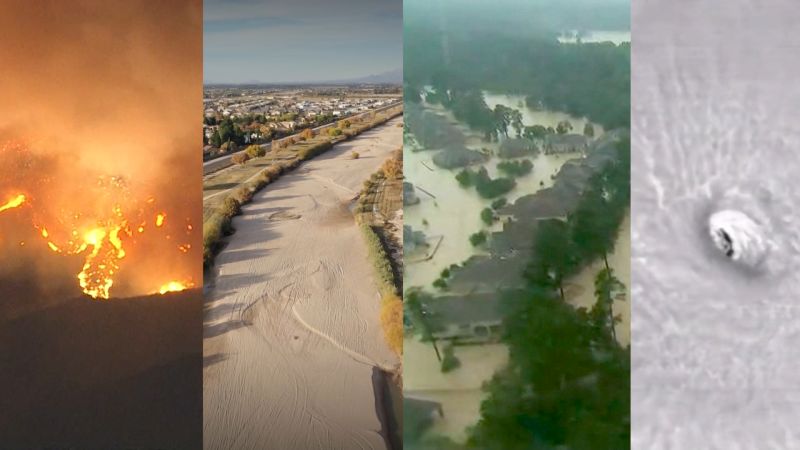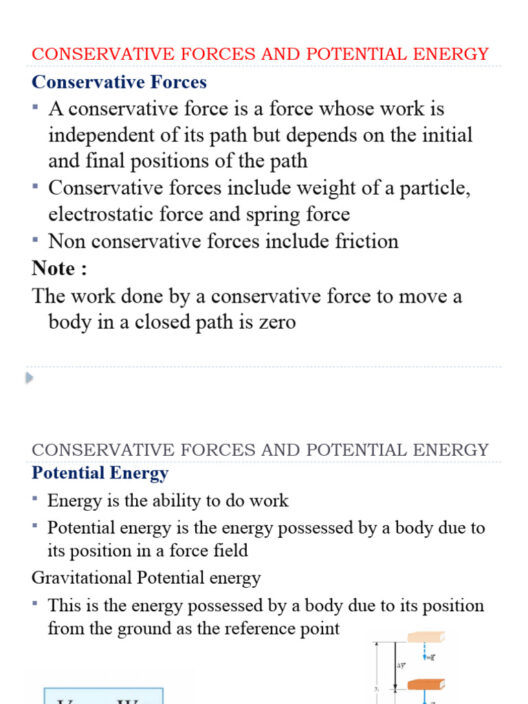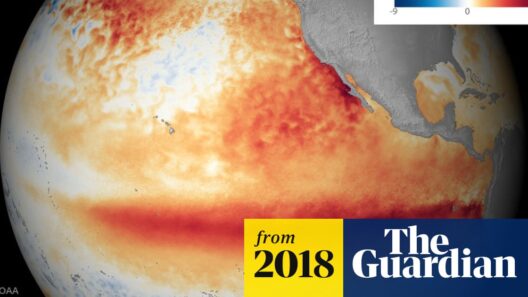The climate crisis represents one of the most pressing challenges of our time, and global warming stands at the forefront of this dilemma. The phenomena associated with global warming encompass a broad spectrum, ranging from skyrocketing temperatures and erratic weather patterns to unprecedented ecological disturbances. Each facet of this crisis interlinks with another, forming a complex web of cause and effect that has far-reaching implications for all life on Earth.
A common observation concerning climate change is that temperatures are rising, but the implications of this phenomenon delve into far more complex terrain. The surge in average global temperatures often elicits a sense of urgency. However, it is crucial to understand the deeper mechanisms driving this alarming trend. Primarily, the indiscriminate combustion of fossil fuels releases vast quantities of greenhouse gases, particularly carbon dioxide and methane, into the atmosphere. These substances create a blanket that traps heat, leading to a gradual increase in Earth’s temperature—a process known scientifically as the greenhouse effect.
As the planet warms, the repercussions are diverse and extensive. The polar ice caps and glaciers—vast reservoirs of freshwater—are melting at an unprecedented rate. The Arctic, which has warmed more than twice as fast as the global average, exemplifies this trend. As ice cover diminishes, it not only contributes to rising sea levels but also diminishes the Earth’s albedo effect. This leads to even greater heat absorption by the oceans and land surfaces, further exacerbating the warming cycle.
The implications of sea level rise are profound and multifaceted. Coastal communities worldwide are increasingly threatened by encroaching seas. High-profile locations, such as Miami Beach and New Orleans, have begun to grapple with chronic flooding, forcing residents to reconsider their future in these historically vibrant cities. It is not merely a matter of geography; it is a question of equity and ethics. Marginalized communities often bear the brunt of climate-related disasters, exacerbating existing social injustices.
Furthermore, the warming climate catalyzes extreme weather events. Hurricanes, droughts, and floods have escalated in both frequency and intensity. For instance, the Atlantic hurricane season has seen a marked increase in the number of Category 4 and 5 hurricanes, attributing these developments to warmer sea surface temperatures. Hurricanes absorb energy from warm ocean waters, and as they strengthen, so too do their destructive potential and ensuing humanitarian crises.
Inland, as atmospheric patterns shift, drought conditions loom larger and more persistent. Regions that once enjoyed temperate climates now face prolonged dry spells, which devastate agriculture and threaten food security. The displacement of farmers and agricultural workers leads to economic instability in rural areas and urban migration, straining urban infrastructures and increasing competition for resources.
The disruption to biodiversity is another pressing issue that frequently goes unnoticed in discussions about climate change. Ecosystems worldwide are experiencing unprecedented stress. Species that cannot adapt quickly to changing climatic conditions face extinction. For example, coral reefs, which support an astonishing array of marine life, are undergoing mass bleaching due to rising ocean temperatures and acidification. The loss of biodiversity has cascading effects on ecosystems and human societies alike, particularly those reliant on marine resources.
Moreover, global warming fosters the spread of zoonotic diseases as changing climates expand the habitats of vectors such as mosquitoes. Regions previously untroubled by diseases like malaria or dengue fever are now experiencing outbreaks, highlighting another intersection of climate change and public health. Increased heat and humidity can facilitate the proliferation of pathogens, which not only threaten human life but also strain healthcare systems already burdened by endemic issues.
The nexus between climate change and economic ramifications is equally consequential. As resources become scarcer, market fluctuations intensify. Industries reliant on natural resources, such as agriculture and fisheries, confront an uncertain future as changing weather patterns dilute yields and disrupt supply chains. Global economic growth increasingly hinges on climate resilience, compelling businesses to reassess risk management strategies and invest in sustainable practices.
In light of these multifaceted challenges, innovative solutions must be part of the dialogue. The transition from fossil fuels to renewable energy sources represents one of the most effective strategies. Wind, solar, and hydroelectric power offer sustainable alternatives that can significantly reduce carbon emissions. Policy initiatives promoting green technologies and investments into infrastructure are paramount. Legislation that prioritizes ecological sustainability can drive systemic shifts toward a more restorative economy.
The social dimension of climate action cannot be overlooked. Empowering communities with knowledge and resources fosters resilience. Educating young people about sustainability can create a generation of environmental stewards. Collaborative efforts at local, national, and international levels can catalyze collective action. Movements advocating for climate justice underscore the intersectionality of climate change, calling for inclusivity in the fight against environmental degradation.
The observance of global warming’s detrimental effects invites a deeper contemplation of humanity’s relationship with nature. This relationship must evolve to prioritize stewardship over exploitation. Each action we take ripples through ecosystems and societies alike. Addressing climate change is not merely a scientific or political endeavor; it is an ethical imperative that beckons humanity to engage with the planet in a manner that sustains life in all its forms.
Ultimately, the battle against climate change transcends political boundaries and economic interests. It is a call to arms for all of civilization to honor the delicate balance of our Earth. Only through collective awareness and action can we hope to mitigate the ominous trajectory set in motion by global warming. Time is of the essence; the stakes are monumental. The resilience of our planet and the quality of life for future generations depend upon the decisions made today.








